Spot and futures trading
Create bots in both spot and futures markets
Platform statistics
$ 79 743 086
User profit
47 349 316
Cycles closed
$ 418 429 395
Total deposit of bots
Use Fast-API and connect to exchanges in just a few seconds - start earning money with Veles
Spot and futures trading
Create bots in both spot and futures markets

Risk management
Controls risk and profitability with tools: Stop-Loss to Breakeven, Multi-Takes, Trailing Take Profit
Flexible customisation
Use and combine different indicators (CCI, MFI, RSI, Bollinger, TradingView signals) for quality trading in any market movement

Monitors the process 24/7
Limits the maximum number of bots running simultaneously to protect your funds

Marketplace
Copy trading strategies and signals of experienced traders



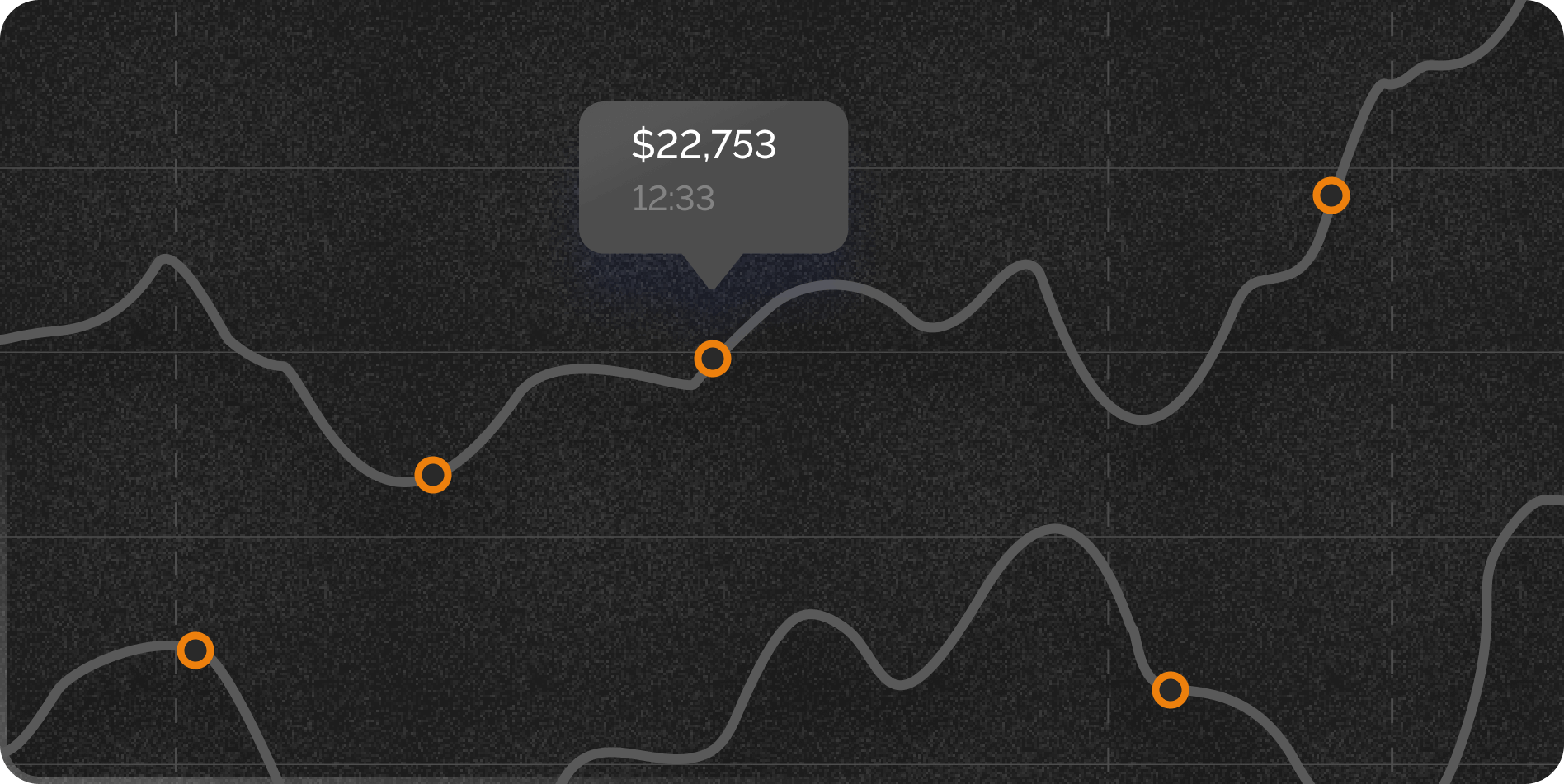
Analyze trades and find profitable results with professional trading strategy testing tool based on historical data

Identify potential pitfalls and weaknesses in your trading strategies

Test your strategies with Veles and avoid the long statistics gathering phase

Analyze your potential profit and loss and optimize your trading bot settings
We take 20% commission from the profit you get while trading with the bot, but not more than $50 per calendar month



Earn 30% of the revenue generated by users you invite.
Your income from a single referral can reach $15 per month
Register using our links and get maximum bonuses from exchanges
F.A.Q
Nothing is clear?
Then sign up for the free Veles consultation!

Media about us